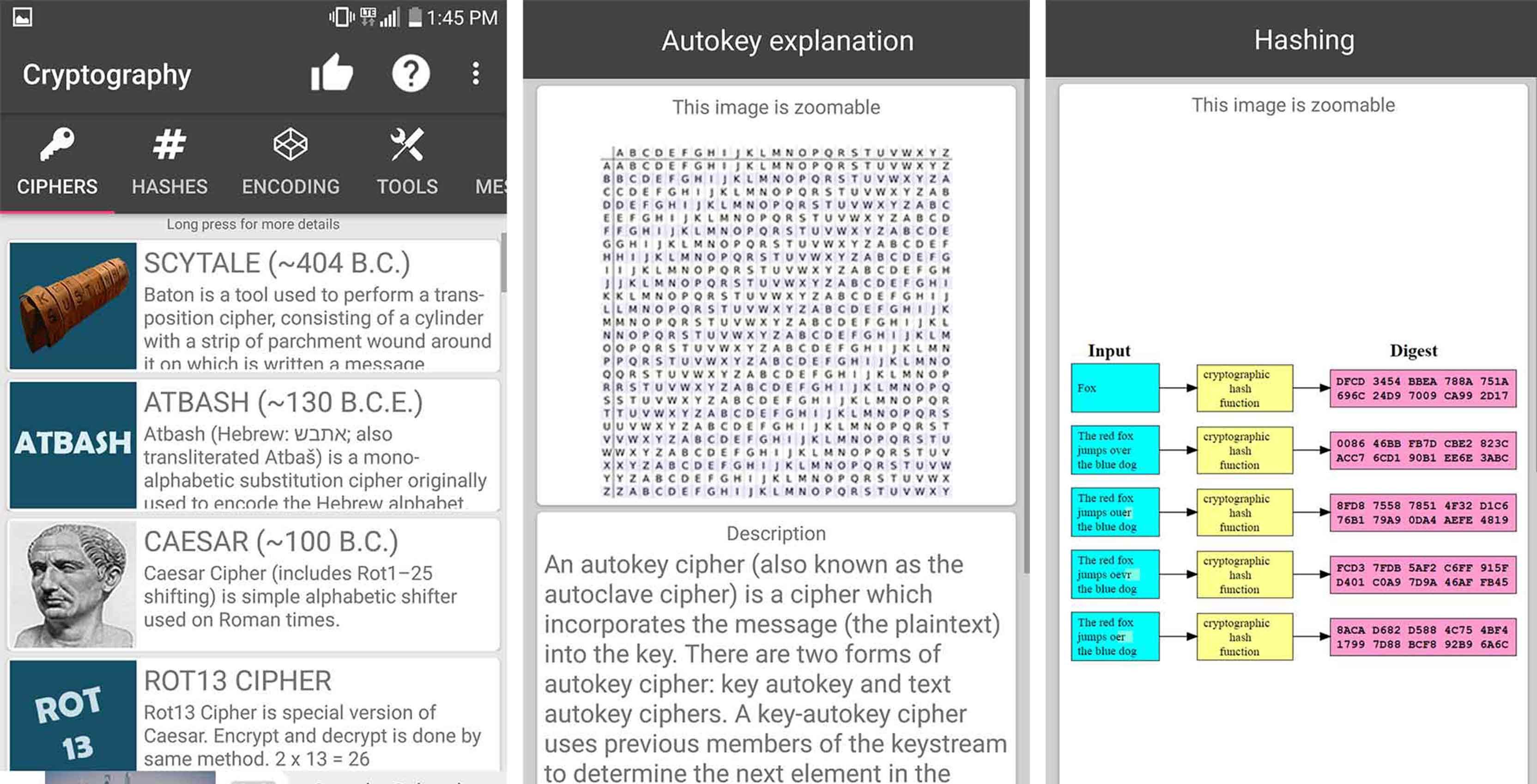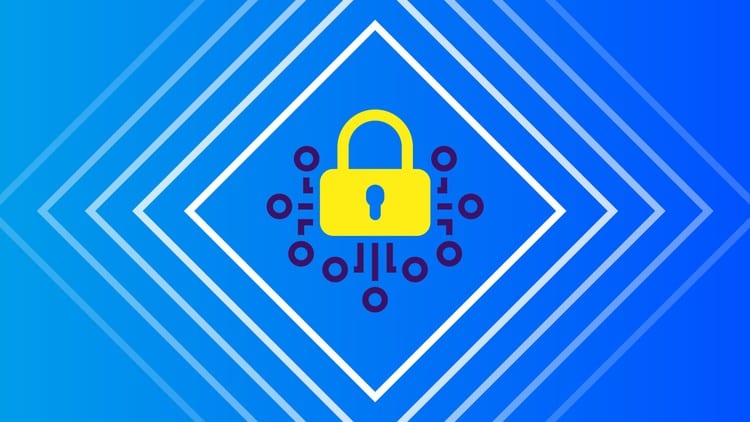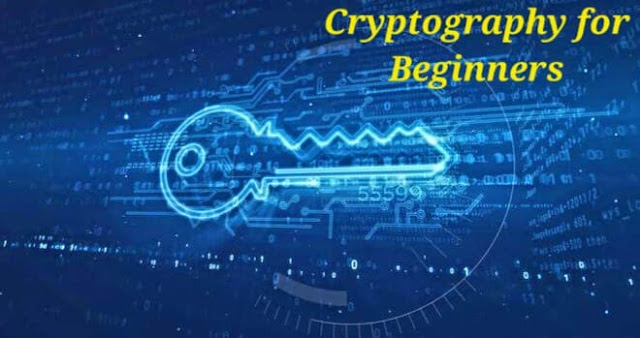How To Learn Cryptography From Scratch

Want to safeguard your digital life? Cryptography is your shield, and mastering it is now within reach, even from square one.
This guide cuts through the complexity, providing a focused pathway for beginners to learn cryptography, arming them with the essential knowledge to protect data and understand the digital landscape.
Starting Your Cryptographic Journey
Begin with the basics: understanding the core concepts is paramount. Focus on definitions like encryption, decryption, keys, and algorithms.
Resources like Khan Academy's cryptography course or Coursera's introductory offerings are excellent starting points. These platforms offer structured learning and easy-to-grasp explanations.
Mastering the Fundamentals
Dive deeper into fundamental algorithms like Caesar cipher and Vigenère cipher. Understanding how these basic algorithms work provides a foundation for grasping more complex encryption methods.
Next, explore modern symmetric-key algorithms such as AES (Advanced Encryption Standard). AES is a cornerstone of modern cryptography, widely used for securing data.
Study also asymmetric-key algorithms like RSA (Rivest-Shamir-Adleman). RSA is essential for secure communication and digital signatures.
Hands-On Practice is Crucial
Theory is essential, but practical application is critical for true understanding. Start implementing basic cryptographic algorithms in code.
Languages like Python and Java offer libraries like Cryptography and Bouncy Castle, respectively, simplifying the implementation process. Experiment with encrypting and decrypting data using these libraries.
Engage in online cryptography challenges and CTFs (Capture The Flag) competitions. Platforms like Cryptohack and OverTheWire's Bandit provide hands-on challenges to test your skills.
Delving into Cryptographic Hash Functions and Digital Signatures
Understand the role of cryptographic hash functions like SHA-256 and SHA-3. These functions are vital for data integrity and security.
Explore digital signatures and how they work using asymmetric key cryptography. Learn about concepts like certificates and public key infrastructure (PKI).
Essential Resources for Further Learning
The Handbook of Applied Cryptography is an invaluable resource offering comprehensive knowledge. It serves as a reference for both beginners and experienced cryptographers.
Stay updated with the latest cryptographic research and vulnerabilities by following reputable security blogs and publications. Schneier on Security is an excellent resource.
"Cryptography is not just about algorithms; it's about understanding the underlying principles and applying them securely." - Bruce Schneier
Consider Formal Education
Consider pursuing a degree or certification in cybersecurity or a related field for deeper understanding. Many universities and online platforms offer specialized courses.
Certifications such as Certified Ethical Hacker (CEH) or CompTIA Security+ can validate your knowledge and skills. These certifications are valuable for career advancement.
Ethical Considerations
Always remember the ethical implications of cryptography. Using cryptographic knowledge for malicious purposes is illegal and unethical.
Focus on using your skills for defensive purposes and to protect sensitive information.
Next Steps and Ongoing Development
Cryptography is a constantly evolving field. Stay current with the latest advancements, vulnerabilities, and best practices.
Continuously practice and refine your skills through projects, challenges, and ongoing learning. The world of cryptography is a never-ending journey of discovery.


















